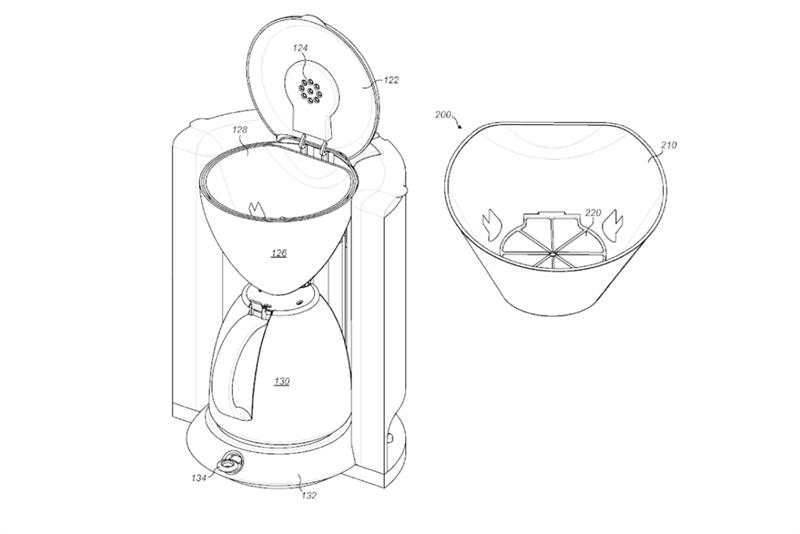An Italian-style espresso machine, with a good coffee bean grinder, is typically too expensive and complex for many consumers. Instead, user-friendly coffee machines that take ‘pods’ or ‘capsules’, as favoured by George Clooney, have become popular.
When operating these machines, water is injected under high pressure through a single-use container holding a set amount of ground coffee to produce an espresso shot, or a longer pour. The makers of these machines claim that the coffee is 'fresher', as it is distributed in hermetically-sealed containers. However, in large business environments, where a large amount of coffee is consumed every day, use of these types of machines can be expensive and produce a lot of waste.
Therefore, many businesses prefer to use more traditional filter coffee machines to provide their employees with their daily caffeine fix. These filter coffee machines typically have lower running costs, as well as being relatively simple to use and able to produce large quantities of coffee per day.
Filter coffee machines have a hot water supply that is ejected or sprayed from the top of the machine into a hopper. The hopper contains a filter to hold the ground coffee beans. As the hot water passes through the hopper and is filtered under gravity, coffee is infused into the water, and received in a receptacle underneath for consumption.
A range of different coffee filters can be used worldwide. For example, in Europe cone-shaped filters are often used, whereas in the US, 'cup-cake' shaped filters with a flat-bottom are preferred. Consequently, filter coffee machine manufacturers have to produce different models for different markets.
Some filter coffee machines allow a user to select the amount of coffee desired, e.g. four cups, six cups etc. The user then inserts the quantity of ground coffee that corresponds to this amount. However, as previous hoppers are a fixed size, if the incorrect quantity of coffee is used, the quality of the final product can suffer and wastage increase.
UK Patent GB2494691 aims to address this potential issue. As shown in the drawings, the patent relates to a filter coffee machine where the hopper (200) has an insert (220), which allows the shape or size of the hopper to be adjusted, so that it can accept both ‘cone’ and ‘cupcake’-shaped filters. The insert can also be stored in a stowed position if it is not required. As well as addressing the issue of coffee quality and wastage, this improvement allows manufacturers to produce a single hopper for all markets, with the associated cost savings that this will bring. Therefore, this patent is an example of protecting an improvement that can result in a significant commercial advantage, by delivering a cost saving that is multiplied across the thousands of units produced.

The patent belongs to Spectrum Brands, which owns a number of well-known household names including Remington, Russell Hobbs and George Foreman. By investing in patent protection for its invention, the company has given its products a competitive edge in a crowded marketplace.





